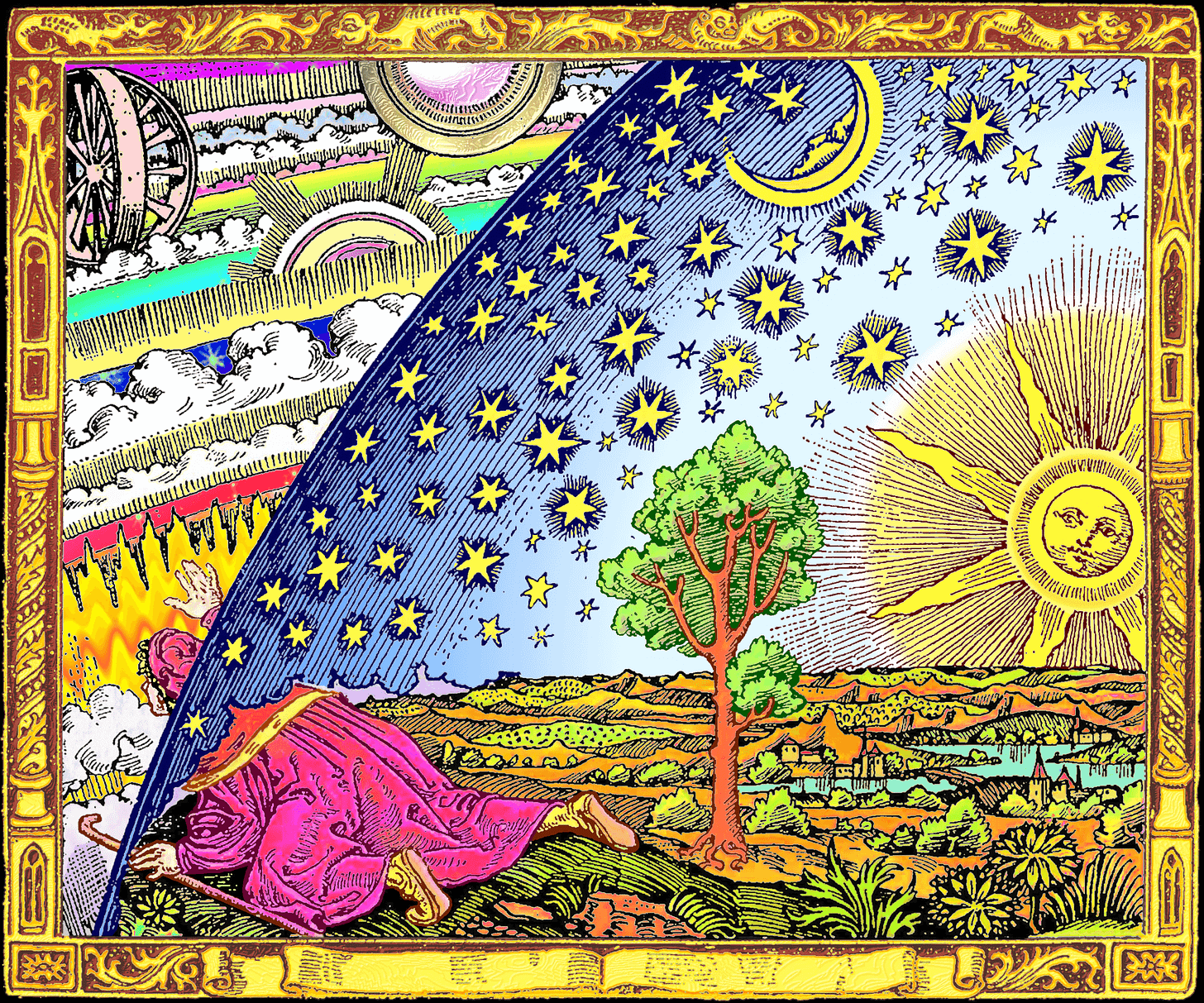There is a promise contained within today’s reading from the book of the prophet Ezekiel. This promise concerns ultimate realities, matters of the greatest importance: life and death. The Lord says: If the wicked turn away from all the sins they committed, if they keep my statutes and do what is right and just, they shall surely live, they shall not die. Spoken through Ezekiel and repeated to us today, this promise is made by God the Father to all his sons and daughters — to you and to me. It is not a promise that God will strike us down if we sin. Nor is it a promise that he will make our lives perfect if we don’t. It is, rather, a promise about the kind of life we will live, whether we live by obedience to God’s will or by sheer force of our own. The promise is this: if we obey God and follow his ways, then our life will be alive, and we will flourish. But if we ignore God and forsake his ways, then although we are alive, we will live as if we were dead.
In the Gospel, Jesus paints a portrait of the person who lives as if dead: one who broods, curses, condemns, and quarrels. We do not need to go into more detail, for we know the portrait Christ paints depicts ourselves. Who among us is a stranger to the destructive, deteriorating, infectious thoughts and behaviors by which we lash out to harm others while inflicting fatal wounds also on ourselves? Who among us has not hurt someone we hate? Who among us has not hurt someone we love? Who among us has not felt as if, no matter how alive our bodies may be, that there is something deeply wrong with us, some part of us tending toward death? Who among us has not wanted to be better? Who among us has not wanted to be alive?
The promise of today’s reading reveals alongside it the deepest desire of God’s heart: for us, who live, to be alive and not dead. The Lord God asks: Do I indeed derive any pleasure from the death of the wicked? He does not. He cannot. Desiring anything less than our life would be against his very nature, for God is love. The God who is love asks: Do I not rather rejoice when [the wicked] turns from their evil way that they may live?
Lent is that privileged time of the year in which God lets us see how far we’ve gone down the road that leads to death and invites us to choose instead the road that leads to life. For although we may see ourselves in the portrait Jesus paints in today’s Gospel, when God the Father looks at us he only wants to see his Son, Jesus, who tells us is the way, the truth, and the life (Jn. 14:6). Life, as God wants us to live it, is life with Christ and nothing else. All the virtues and qualities we see in Christ’s life can be ours. He wants to give us nothing less, especially through the sacraments. But to receive them, we need to prepare our souls, and that is what Lent is all about. Prayer reminds us of the primacy of God over all else. Fasting recalls that bodily goods are lesser to the spiritual. Almsgiving creates in us a generous spirit that is receptive to the grace God freely bestows.
Plato lived several centuries before Christ and knew nothing of him or his teaching. But there is a point of contact with what I’ve said and the Allegory of the Cave in Plato’s Republic. Those shackled in the deepest recesses of the cave are forced — and are even content — to look at the empty shadows projected on the wall in front of them. But when a prisoner is set free and brought out from the cave into the light of reality, they cannot return to that place from which they’ve come. They can no longer be satisfied by mere shadows. Christ is the way who leads us out of the cave to the truth of all things that we may may have life — life in abundance.
My sisters: the promise of today’s reading is that you do not have to be who you are. You can be better. You can live better. You can live like Christ. And this is what God wants. I say this because there’s a chance that there is something in your life right now that seems immovable, a fixed part of your person, with you for the rest of your life, there only to weigh you down. There’s a chance that whatever that is defines your life in such a way that everything else of who you are revolves around it. There’s a chance you can’t imagine yourself without it. I say there’s a chance because I’ve been there and sometimes still am. But what I do know is this: God is greater than that part of you; and his desire for your life to be alive is greater than whatever grip that thing has got on you. But you do not have to be who you are. You can become who God has created you to be in Christ. It is real. It is possible. And the means are right in front of you. Take advantage of this holy season. Develop a real relationship with God in prayer. Deny yourself things for the sake of it. Give to the poor as God would have you do. And God promises: your life will be different.
Homily preached March 3, 2023 at Mount de Sales Academy. Reference to Plato’s Cave was made at the suggestion of the Principal in connection with what the students have recently learned in Philosophy. The Homilist was delighted to oblige.



